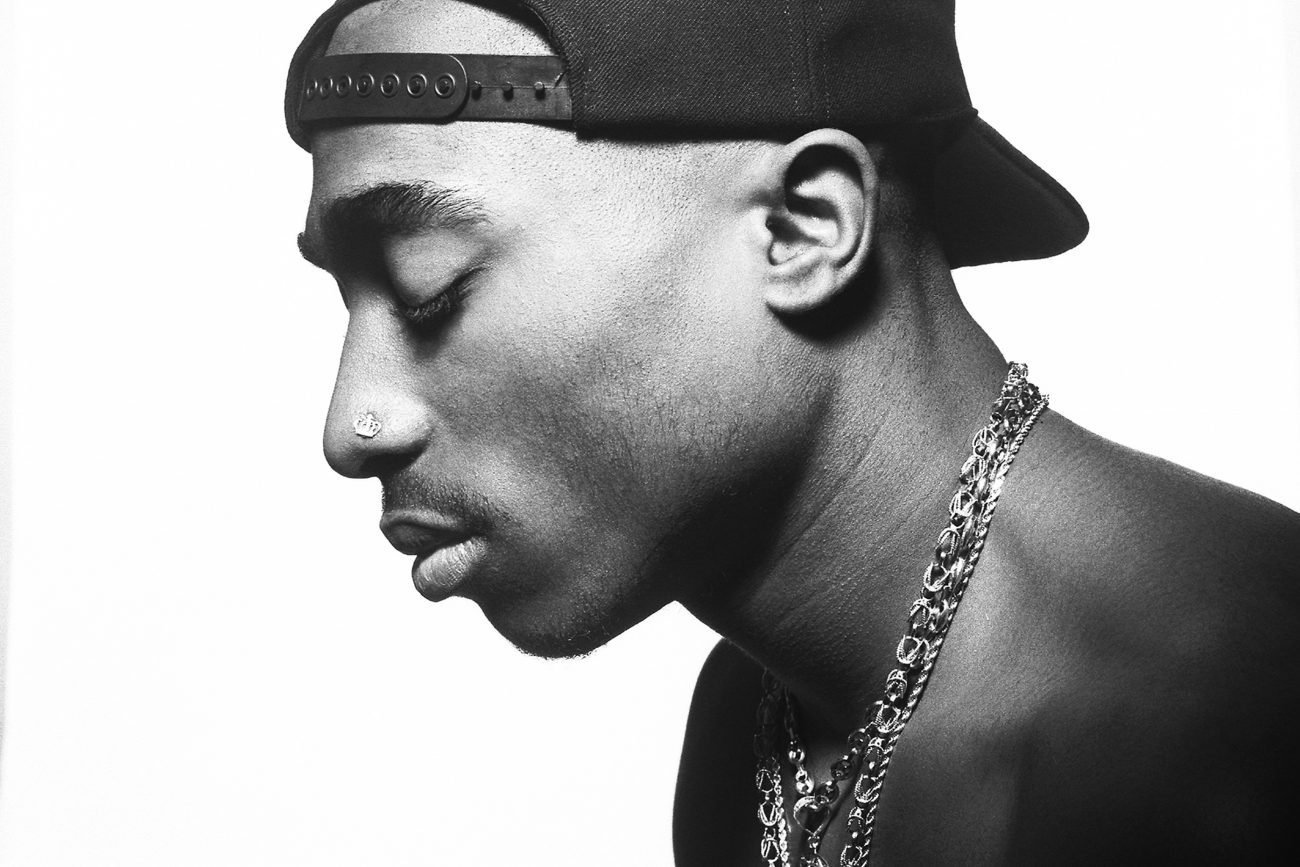
GLOBAL insights corner
providing up-to-date Insights, data & perspectives on the world’s greatest cultural challenges
strategy
culture
communications
Business
ECONOMICS
Glass Ladder Group-- 2015 Was Amazing... But Watch Out 2016
Last year was a monumental year for me and my company (Glass Ladder Group). I am often in disbelief and awe at the amount of change, transition and success that I have seen in this short amount of time.
A year ago, I lived in Washington, D.C. and was working for an organization as the Acting Director. My work environment was miserable. Each week I put in way more work than my fair share and each week I was told that my consistent 13 hour work days did not matter. My life's work, intercultural relations, was not important. It did not bring in enough money and it was a waste of the institutions resources. For me this was devastating.
Culture: Dispelling the Myth
Let’s take a moment to dispel the myth that culture begins and ends with our ethnicity, or that culture shock is only a thing that we experience when we move to a completely new country. Truth is, moving from the 60s to 104th is as much of a life-changing cultural exchange as living abroad in Paris for a semester.
"Must-Dos" in the Race to Diversify Tech
There is no longer a debate about whether or not diversity helps the bottom line of any organization. This acknowledgement is key for the survival of tech companies who's target market generally include people of all genders, races and age demographics.
Last year, tech companies began to release their diversity statistics turning the debate about diversity into much needed action. Not-so-shocking but very unfortunate data was revealed. The workforces of Apple, Facebook, Google and Microsoft included an average of 4% Hispanic, 2.5% Black, 2% mixed and less than 2.7% other.
Tupac Shakur: What Intercultural Texts Keep Missing
I have read plenty of intercultural texts about the late great Tupac Shakur. Some of these texts characterize Tupac as a "gangster rapper" discussing his death and history of, "struggle with poverty, relocation, family separation, and violence," [Digital Generations: Children, Young People, and the New Media. 2013]. Others tout his, "messages of resistance, struggle, and empowerment in the face of racism and oppression," [Globalizing Intercultural Communication: A Reader. 2015]. These pieces normally center around the influence of Tupac Shakur on the African-American culture and beyond. Unfortunately, I have yet to find an article that engages it's audience in the discussion of Tupac's actual culture.






Artificial Intelligence is transforming how leaders think, not just how they work. This article explores how AI unlocks divergent thinking — the creative, expansive mindset that drives innovation — and why global executives must harness both machine precision and human imagination to navigate today’s cultural and strategic complexity. GLG breaks down what creative leadership looks like in the AI era and how institutions can turn insight into aligned, culturally intelligent strategy.